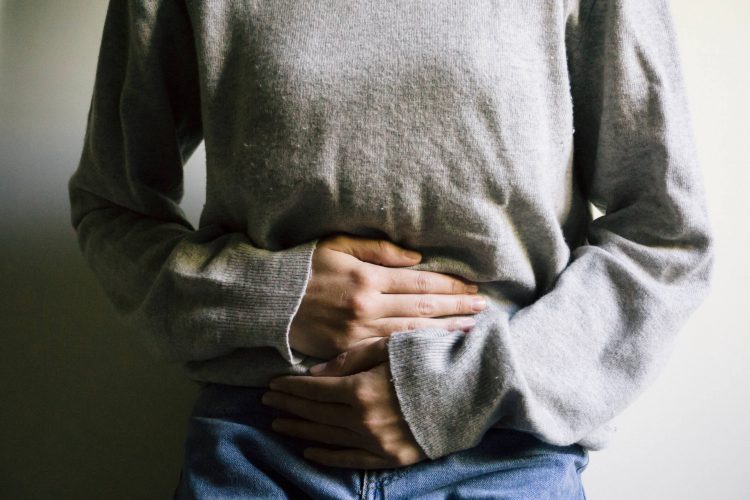If you suspect you might have polycystic ovary syndrome (PCOS), you’re not alone, as 1 in 10 women of reproductive age has this hormone condition.
PCOS affects your hormones, reproductive system, and metabolism and has many different signs and symptoms. Because they aren’t all related to each other, it can be difficult to know you have it. In fact, many women can go undiagnosed for years. It’s not usually until you find yourself having trouble getting pregnant that you receive a PCOS diagnosis and is one of the most common causes of female infertility. The sooner you receive the right diagnosis, the quicker you can start treatment. Here are 7 signs you could have PCOS to look out for:
Ovarian cysts
Polycystic means “many cysts.” When you have PCOS, you can develop a large number of fluid-filled sacs, or follicles, inside the ovaries. Typically, these follicles contain eggs and hormone signals tell the eggs to grow. One egg becomes dominant and when it matures, it will release from the ovary and travel through the fallopian tube. But when an individual has PCOS, the eggs inside the follicles don’t receive the proper signals to grow, mature properly and ovulate.
Irregular periods
Irregular and infrequent periods are one of the most commons signs of PCOS. Hormone imbalances may cause you to have very heavy periods, or you may miss periods (have fewer than 8 periods a year) or stop having them altogether.
Infertility
PCOS affects ovulation and when sperm can’t meet an egg, pregnancy can’t occur. It doesn’t necessarily mean you will have to do fertility treatments to get pregnant, however. Many women can and do get pregnant on their own despite a PCOS diagnosis. For others, it may mean needing to take fertility medications, or in some cases intrauterine insemination (IUI) or in vitro fertilization (IVF) might be the best way to achieve pregnancy.
Weight gain
More than of individuals with PCOS are overweight or obese. When you have PCOS, your body has trouble with inflammation and insulin production. These factors, along with a hormone imbalance, can cause you to have a harder time managing your weight.
Excess hair growth
PCOS causes you to have higher levels of male hormones, or androgens, than usual. This can result in frustrating levels of excess body hair, particularly on your chin, face, back, chest, abdomen, or toes. This condition is called hirsutism and affects 7 out of 10 women with PCOS.
Skin conditions
You may notice several things with your skin when you have PCOS. These can include:
- Acne: Comes on after adolescence and doesn’t improve with the usual treatments.
- Oily skin: Caused by male hormones and can lead to breakouts on your skin
- Skin tags: Might be found under your armpits or neck
- Skin thickening/darkening: Known as acanthosis nigricans, it causes areas of thicker, pigmented skin that might feel velvety. You may have these patches on your breast, underarms, or back of the neck.
Mood changes
Some women with PCOS might experience mood changes such as anxiety and/or depression. It’s not clear why, but this could be due to the weight gain, excess hair growth, and hormones that can have a negative impact on your emotional health.
Pelvic pain
Although less common, if you’re having severe pain in your lower abdomen and lower back, it could be due to a ruptured ovarian cysts.
If you’re concerned you may have PCOS or have been unable to get pregnant, contact us today to talk with a CCRM Fertility specialist.


